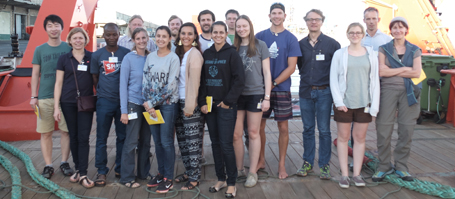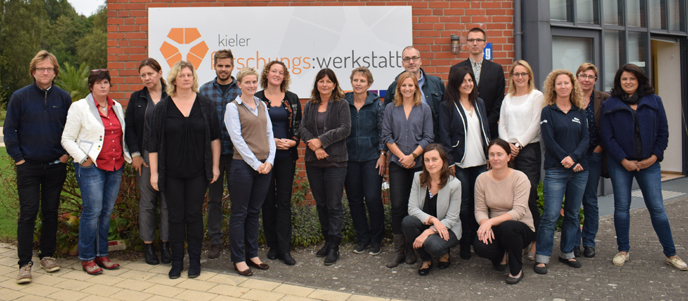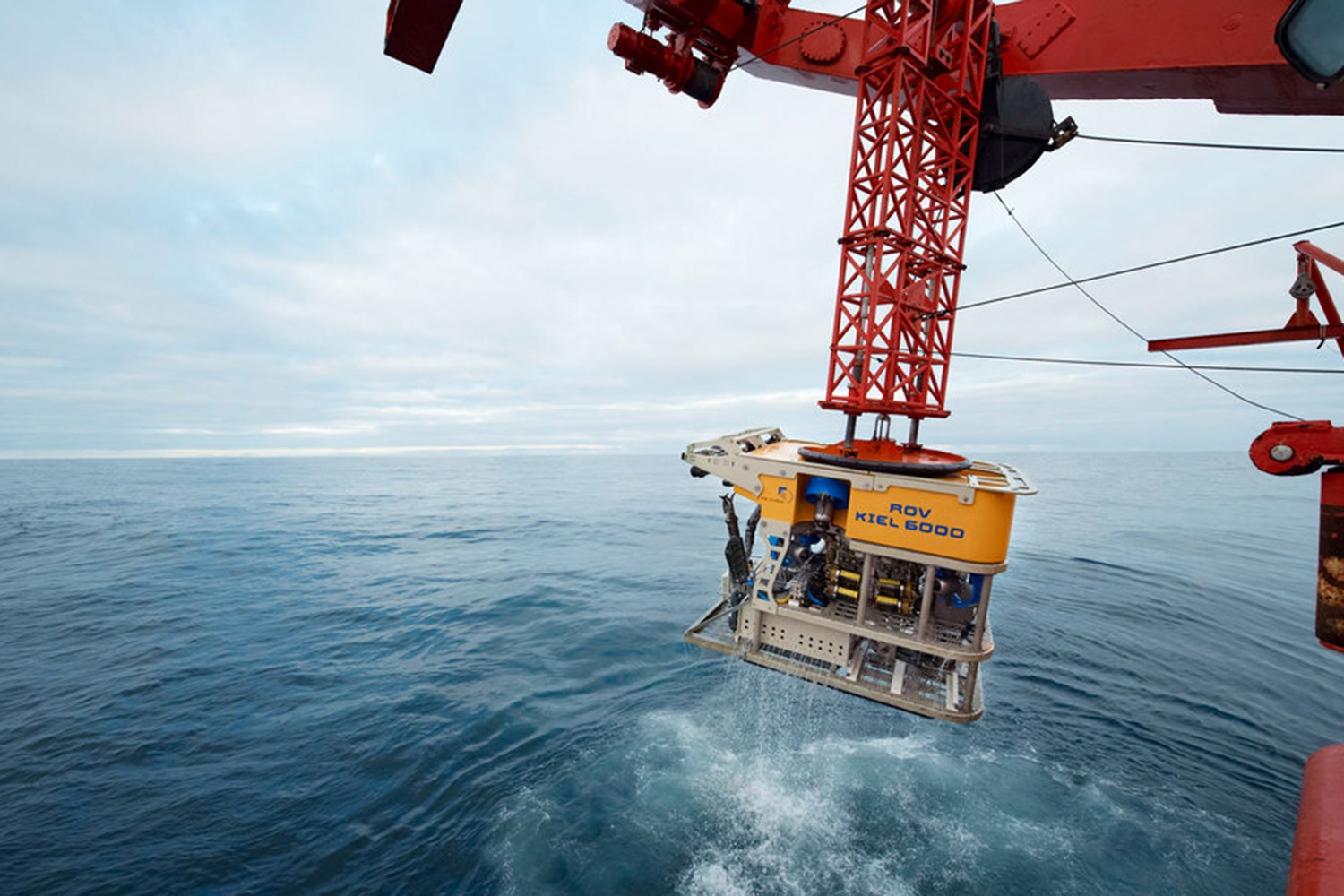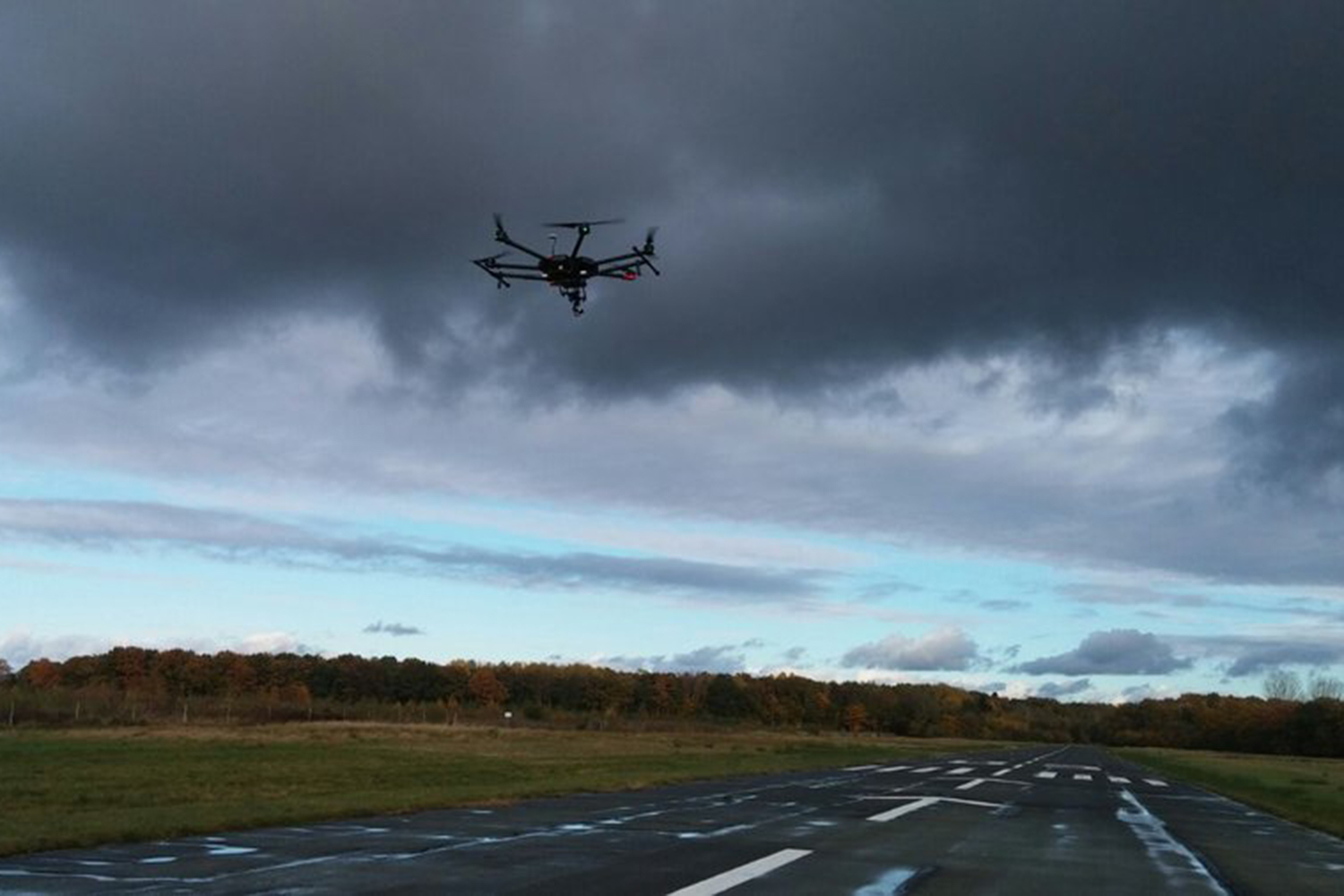On the “MyScience Cruise” the early career scientists from Germany, Brazil, Uruguay, South Africa, Argentine, the USA and Togo will learn about important scientific basics from the research areas physical oceanography, marine meteorology, biogeochemistry, plankton ecology and paleoceanography. They will get to know different oceanographic measuring instruments and will take part in a lecture series. Moreover, the students will also each work on their own research project. Some of their topics are “Observing the ocean from space”, “Agulhas rings”, “Plastic in the ocean” or “The ocean-atmosphere-interface”. In Rio de Janeiro, the young researchers will present their results at a German embassy reception on board the METEOR on March 19th.
For this special research trip nine students were selected from the international network of Kiel’s marine sciences, who do not usually have the possibility to take part in an expedition. Among them are the two German students Christina Schmidt and Mareike Koerner. They study Physics of the Earth System at Kiel University and at the GEOMAR Helmholtz Centre for Ocean Research Kiel. For both students it is their first time on board a research ship.
The aim of the journey is to enable students to understand the methods of ocean observation from an early stage on. “Observations are the basis for our understanding of the ocean,” says Dr. Johannes Karstensen from GEOMAR Helmholtz Centre for Ocean Research Kiel and chief scientist of the expedition. “For this reason, we want to show young scientists the entire research spectrum and provide them with the means for a scientific career. “ The South Atlantic is a key region in the context of the global overturning circulation. In the framework of the expedition students study the interaction between the Indian, the Pacific and the Southern Ocean with the Atlantic Ocean in relation to warm and fresh water transport, circulation changes as well as the distribution of species and pollutants. For this purpose, they will use a wide range of modern sensors and observation systems.
The students will report on their experiences on board in a blog at http://www.oceanblogs.org/mysciencecruise
Further information about the trip and the participants can be found at https://portal.geomar.de/web/mysciencecruise
A second “MyScience-Cruise” research trip with other young students will take place in December 2016. The MyScience-Cruises are funded jointly by Kiel’s Cluster of Excellence “The Future Ocean“, the Partnership for Observation of the Global Oceans (POGO) and the European Horizon 2020 project AtlantOS.
Links
www.oceanblogs.org (the blog portal of Kiel’s marine sciences)
www.futureocean.org (about Kiel’s Cluster of Excellence “The Future Ocean”)
www.ocean-partners.org (about POGO, Partnership for Observation of the Global Oceans)
www.atlantos-h2020.eu (about EU Horizon 2020 Project AtlantOs)
Contact
Anke Schneider, coordinator of My Science Cruises,
Telephone: 0431-880-7551
anke.schneider@email.uni-kiel.de
Friederike Balzereit, Public Relations,
Cluster of Excellence “The Future Ocean”
Telephone: 0431-880-3032,
fbalzereit@uv.uni-kiel.de
…



